Legitimate interest and consent – can both legal states be declared in the Transparency & Consent Framework?
In our last blog ‘To be or not be’ we presented the duality of the ‘processor’ and ‘controller’ and how the Global Vendor & CMP List (List) could best serve them. Concluding that the primary value of the List is for companies, irrespective of their controller or processor status, to provide transparency into a legal ground for processing personal data and obtain consent in accordance with their own assessment of when that is needed.
This brings us to a second important state of duality that the Framework is tackling – the declaration of the two allowable legal states, under GDPR, of consent and legitimate interest against a purpose.
Participation in the Framework requires that the consent manager provider (CMP) or publisher acting as a CMP must disclose every vendor they wish to work with alongside the purpose and the legal basis of their data processing – they must not signal that consent has been obtained for a vendor and purpose that has not been disclosed to the user. This is not optional but a hard requirement under the policies as well as the law. Publishers who refuse to make disclosures on behalf of a vendor will not be able to work with that vendor under the Framework.
Currently the Framework also supports the disclosure of legitimate interest as a legal basis by a vendor who processes data toward a specific purpose. The publisher or CMP must not attempt to obtain consent for that vendor and purpose combination or make it appear as though a vendor is operating on the basis of consent for that purpose.
When a vendor declares consent as their legal basis against a purpose the publisher or CMP must provide transparency and obtain consent on behalf of the vendor. Therefore, when consent is the legal basis a publisher must pass information about consent (or the lack thereof) to its vendors.
When a vendor declares legitimate interest as their legal basis, it only needs the publisher to provide transparency. Since legitimate interests are claimed, rather than given, no signal about the existence of the legitimate interest is necessary.
BUT currently it is not possible for a publisher or CMP to pass onto a vendor, information that they have provided transparency to the end user that legitimate interest and vendor and purpose is the claimed state for personal data processing. They can only pass to the vendor that they have requested and obtained consent. The only way for a vendor to know that transparency has been provided is when receiving a positive consent signal. If no consent is ‘signalled’ this means that consent has not been given – in the dual world of legitimate interest and consent this could mean that the publisher or CMP have either disclosed a legitimate interest, attempted but failed to obtain consent, or chosen not to work with a vendor. The vendor has no way of knowing which of these cases is causing this transmission and would therefore be conflicted by the signal. However, since under the ePrivacy Directive consent is generally required for storing and/or accessing information on a device, Vendors can rely on their consent status for ePrivacy Directive purposes to infer the remainder of their disclosure status.
However, in future the recently announced Pubvendors.JSON extension to the Framework, which is currently subject to public consultation will address this information transmission conflict by giving publishers a mechanism by which they can inform vendors of the disclosures they have provided on their behalf. As a result, Pubvendors.JSON will allow vendors to declare consent or legitimate interest against purposes provided that they adhere to the Pubvendors.JSON implementation.
Public comment concludes on June 1, 2018. IAB Tech Lab and IAB Europe participants will evaluate and incorporate feedback received and release a final version of each of these specifications. If the dual challenge of legitimate interest and consent resonates with your company then you can adopt the pubvendors.json technology as a beta implementation now, even before the specifications are finalized.
We welcome your feedback – technical feedback can be sent to transparencyframework@iabtechlab.com and general feedback can be sent to feedback@advertisingconsent.eu.
We look forward to hearing from you.










